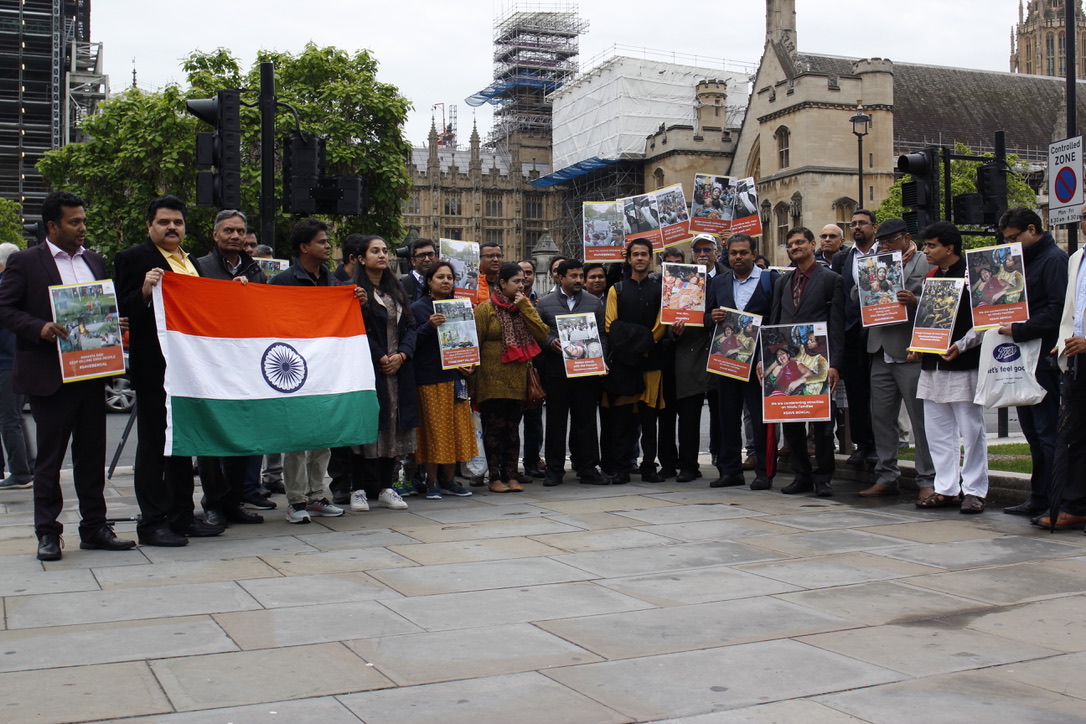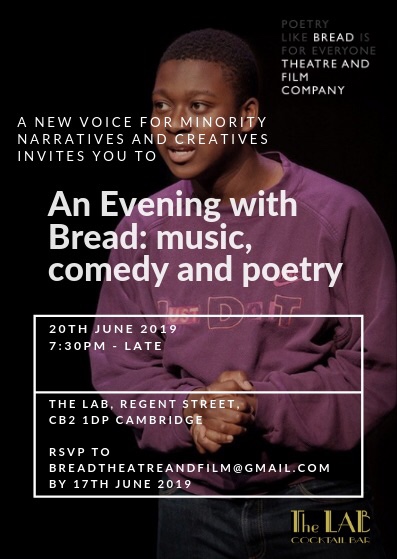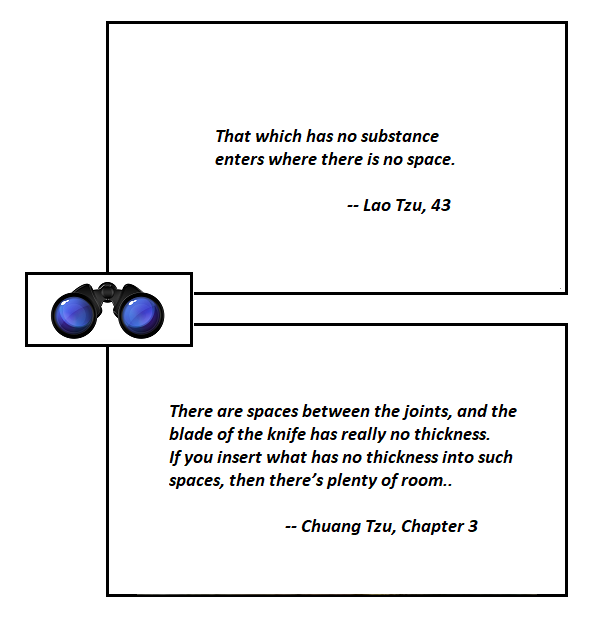A few trends emerged over this week’s. This is separate to MJ’s powerful post, which is about a different framework altogether.
(1.) people are quick to blame racism for everything. In an age of no discrimination; people are going to select on intelligence, beauty and other such features.
(2.) BAME is rapidly being tagged with LGBT.
(3.) BAME runs the risk of being physically unattractive since anything goes.
(4.) White people are even prominent in BAME space so in a lot ways these new identities are more about attention for newer types of elite.
(5.) Elitism may not be about race but class and other selecting factors.
(6.) Utopian conversations is about a world “without an elite” are bs. We should rather have honest conversations about what the elite should be and to what extent should they be in control.
(7.) ego-trips are a thing in idealistic politics and being self-aware is important (thankfully I have V to keep me in check constantly).
(8.) Much like the Jews in the era of civil rights; Dharmic (model) minorities in the West are rapidly gaining control of the anti-establishment narrative in order to colorise the elite. It’s questionable once this batch of Indians, Chinese and other Asians are fully WASPified whether they will retain their sympathies for the next wave of coloured aspirants.
(9.) the contentions that White people and the West are hide-bound racists elides the narratives that we all have a “home back home.” The question as to why none of us want to resettle East is complex (colonialism ruined our countries, material and social opportunity in the West) but it’s a painful contradiction.
(10.) unlike the Aframs, Aboriginals and Native Americans; the West has very few “involuntary minorities.” So any criticism of the West have to tread a fine line and negotiation (hence why I’m suspect of immigrants who join anti-establishment parties).




